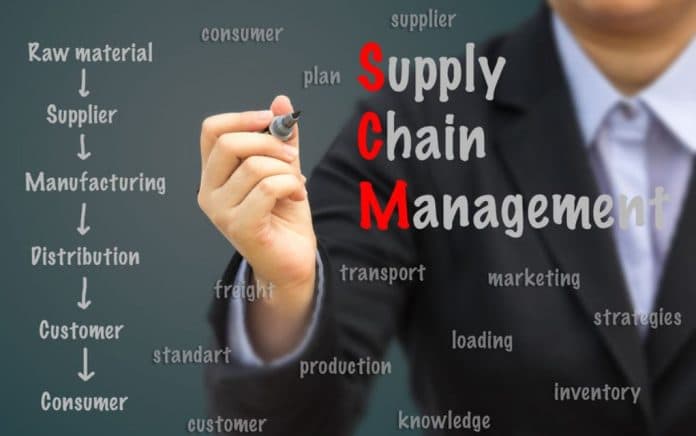Stuart Nivison, HSBC’s Global Head of Client Network Banking, highlights that supply chain sustainability can bring value to your business now, and benefit the future
Altruism is no longer the driving force for businesses investing to become more sustainable. Companies are increasingly influenced by external scrutiny, incentives from government and regulators, and network expectations from customers, suppliers and communities to behave ethically. All of these factors have a direct impact on a business’ bottom line, provoking questions of value, cost and profitability.
For larger companies, looking behind the point of purchase and the brand, there is a huge network of interconnected suppliers, customers and business relationships working together to bring that product to the consumer. The impact of this ‘ecosystem’ on sustainability is significant –typically 80% or more of a business’s environmental impact is located in its supply chain . Considering 80% of the world’s international business and trade also passes through supply chain networks – this is a risk and also an opportunity.
Large buyers are already looking beyond supply chains being simple cost reduction projects and are now considering how they can create value by collaborating with key, strategic suppliers. Constructed and well-managed, these ecosystems of companies and people give life and value to a brand and consistency of customer experience. Not done well – they can be costly, unreliable and present risks to companies and communities. Quality and sustainability of supply chains are therefore increasingly of interest to investors, partners and financiers.
Sustainability also makes good business sense for smaller firms, and they can see the change coming. Our recent Navigator research (from a survey of over 6,000 businesses worldwide) found that while only 18% of smaller firms rate being sustainable as important to them today, almost half (46%) said it would be important to them over the next three years.
We are seeing this play out across all markets as businesses respond to increased demand from their buyers to be more sustainable, and their buyers are being influenced by end-consumers who are considering the environmental and social impact of the purchases they make. This shift to being more sustainable presents opportunities to reduce cost, for example, by reducing energy consumption with more eco-friendly heating systems to less disposable waste. As well as opportunities to derive even greater value with new sources of business and eligibility for tax incentives.
While many businesses have taken initial steps to control their direct footprint in these ways, they are now looking to their network of suppliers to adopt similar practices. Navigator tells us that 31% of global businesses are already on the path to sustainability – having actively made changes to their supply chain in the past two years for reasons including the climate, ethics, and customers’ or partners’ expectations , but this is a work in progress and it requires sustained focus, change and investment.
We see international banks having a key role to play in accelerating this move to sustainable business practices and more sustainable global supply chains. We are working on pilot solutions today to help some of the most progressive buyers meet their sustainability objectives. This can take a number of forms: from traditional green lending to innovative schemes such as programme-based lending that finances the investment needed by key suppliers, or by using variable pricing in Supply Chain Finance schemes to incentivise suppliers to meet sustainability targets set by their buyers.
We’re keen to work with more companies that are serious about sustainability – from large buyers with ambitious targets on sustainability throughout their entire supply chain, to smaller companies recognising that a transition to being more sustainable is in their best interest.
We understand the delicate interplay between ‘push and pull’ in driving the sustainability agenda in the business world and setting new benchmarks for sustainability related standards. We have the privilege of working with companies and industry experts to explore innovative ways that finance can play its part, and be a driving force to enable and help businesses as well as their supply chains become more sustainable.
For me, sustainability is a cornerstone reason for supply chain change. Doing the right thing – making the transition to sustainability – could be the best thing not only for the environment and society, but for the future of your business.


